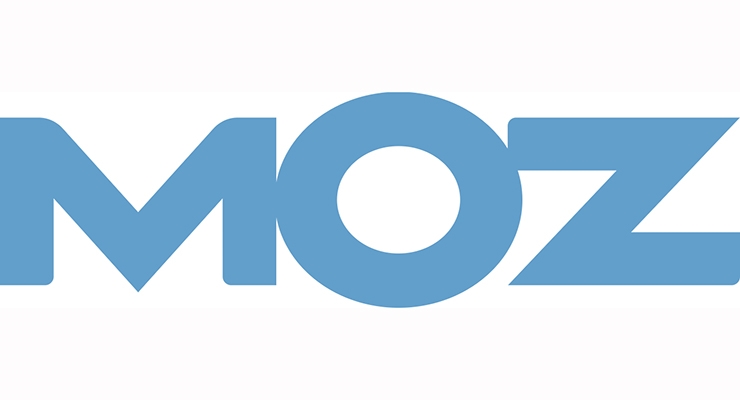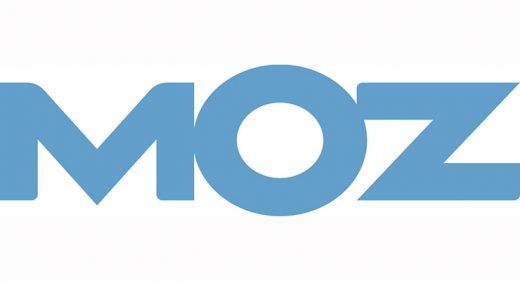Moz Plans An Upgrade To Its Domain Authority Ranking Score
Moz Plans An Upgrade To Its Domain Authority Ranking Score
Moz has announced an upgrade to how it measures an internal metric the company calls “domain authority,” a score that estimates the value of a domain based on how well it ranks in Google, Bing or other search engine query results.

The SEO tool company, founded by Rand Fishkin and Gillian Muessig, uses this domain authority metric as a search engine ranking score, from one to 100. It predicts how well a website will rank in search engine result pages (SERPs). The higher the score, the greater the ability for it to rank higher on the page.
Moz plans to release the new domain authority scores March 5. This will allow marketers to prepare for the change and confirm that they have implemented best practices.
The changes improve correlations between spam scored and link patterns. Russ Jones, principal search scientist at Moz, explained the technical changes of how the domain authority calculates and reacts to changes in search engine algorithm updates. He also talked about using domain authority as a relative metric and not as an absolute one.
“Domain authority is meaningless when it isn’t compared to other sites,’ Jones wrote in an email to Search Marketing Daily. “What matters isn’t whether your site drops or increases. It’s whether it drops or increases relative to your competitors.”
When Moz rolls out the update, he said to make sure to also check competitors’ scores, because both will likely fluctuate in a similar direction.
Google doesn’t use domain authority as a score, but many SEO professionals do to gauge the strength of websites relative to competitors. It guides them on the use of keywords, as well as topics, technical site issues and link building.
Jones outlined the changes in a blog post. The new Domain Authority, for example, is better at understanding factors that reveal why certain sites don’t rank for any keywords in the past.
Moz also made the switch from relying on a complex linear model to using a neural network, which offers a much more nuanced model that can detect when someone or something is manipulating links. It also can more easily identify ranking factors.
Domain authority analyzes more than link counts. Moz can integrate its proprietary Spam Score and complex distributions of links based on quality and traffic, along with other factors.
There’s also a new Moz Link Explorer, analyzing more than 35 trillion links to turn data into statistical work.
Similar to the way Google makes changes to its algorithm, Moz will make changes to domain authority in response to Google’s changes.
(35)


